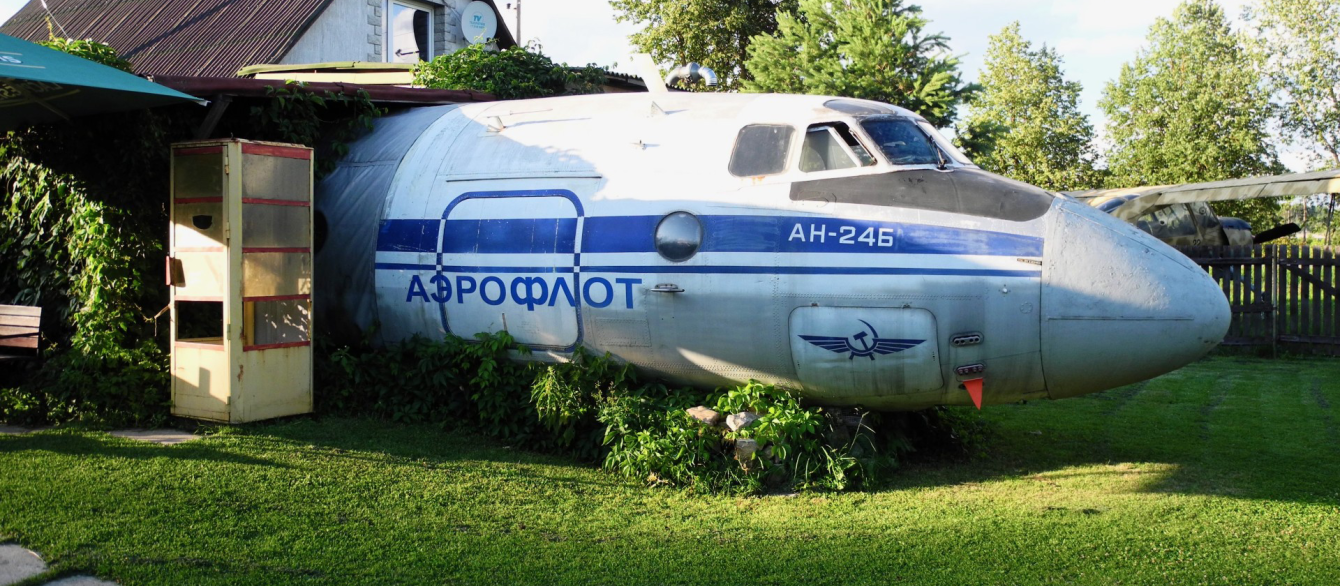In December 1989, in officially recognizing the authenticity of the 1939 Molotov-Ribbentrop Pact’s secret protocol, the USSR Congress of People’s Deputies evinced the hope that the globally divided historical consciousness of the Cold War would be replaced with a new conception of the past, reflecting “a whole and mutually interdependent world and increasing mutual understanding.” While there was cause for hope in the immediate post-Soviet years that such a “flat earth” of shared accounts of history—the foundation for a world of shared political values—would emerge, subsequent decades led to renewed, often weaponized fragmentation of historical vision across political borders, and especially at the border separating Europe from the Russian Federation. However, in distinction from the Cold War opposition of ideologically differentiated accounts of history, current standoffs relate to the application of the most basic terms—empire, nation, fascist, genocide, socialist, liberal—which are applied on both sides of borders and conflict zones, yet with opposed significance. Rather than a confrontation of historical ideologies, this is a standoff of historical ontologies. In this presentation of his recently published book Border Conditions, Prof. Platt will examine the etiology of this ontological conflict, as it emerges from the experience and cultural life of a population that has been located since the end of the Cold War in the interstitial zone at the borders of Europe: Russian-speaking Latvians. Their world, riven by contradiction, offers a vantage, as through a keyhole, toward globally shared conditions of historical and political incoherence and conflict at the start of the twenty-first century.
Accessibility
The Davis Center for Russian and Eurasian Studies at Harvard University encourages persons with disabilities to participate in its programs and activities. If you anticipate needing any type of accommodation or have questions about the physical access provided, please contact us at 617-495-4037 or daviscenter@fas.harvard.edu in advance of your participation or visit. Requests for Sign Language interpreters and/or CART providers should be made at least two weeks in advance if possible. Please note that the Davis Center will make every effort to secure services but that services are subject to availability.




